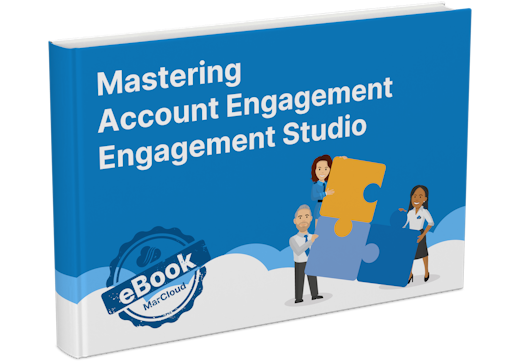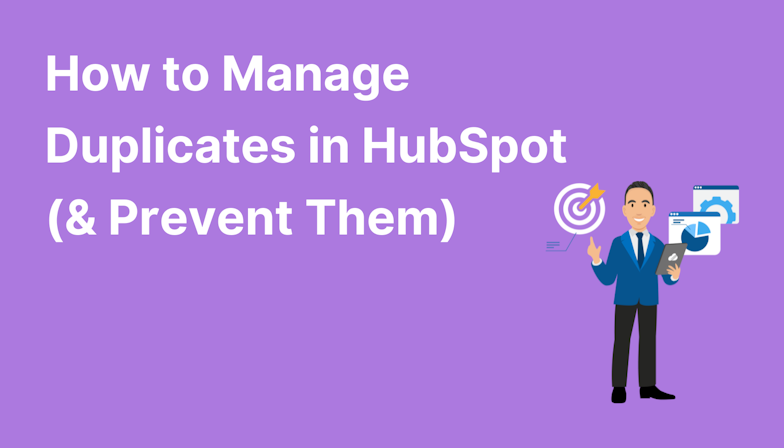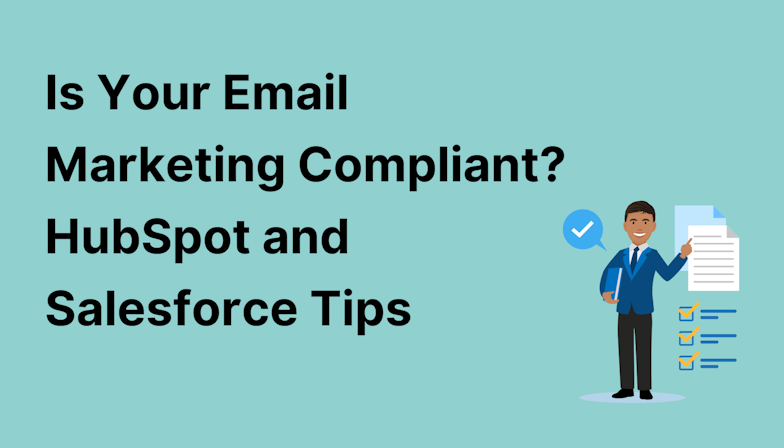This blog was written before Pardot was renamed to Marketing Cloud Account Engagement. You can read more about the name change and what it means here.
As a non-profit organisation, you’re likely using events as a core component of your marketing and communications mix. Popular event types might include community get-togethers and local activities, as well as virtual events designed to promote large-scale awareness and fundraising, such as Comic Relief’s Red Nose Day’.
Yet, marketing such events to drive attendance and participation is no easy feat, and that’s where Pardot for non-profits provides a huge advantage.
When considering your event marketing strategy as a non-profit, Pardot can help you to:
- Improve communication before, during, and after the event.
- Increase the number of event attendees and manage these throughout.
- Target sub-segments of your attendees with tailored, personal comms.
- Maintain engagement with your audience beyond the event date to drive further action.
From automated pre-event invitations to post-event engagement, here’s how Pardot can help non-profits with event marketing.
Using Pardot for not-for-profit events marketing:
- Integrate Pardot with Eventbrite
- Use Pardot to turn prospects into event registrants
- Take advantage of Pardot landing pages
- Use nurture campaigns to keep invitees engaged
- Engage with your audience post-event
1. Integrate Pardot with EventBrite
In case you didn’t know already, Pardot has a connector with EventBrite. If Eventbrite is already part of your organisation’s event marketing toolset, then it makes sense to take advantage of this connector.
Any information relating to an invitee’s RSVP status as well as any engagement they have had with an event connected with Eventbrite is added to their record in Pardot. This information is also synced to Salesforce.
How does this help?
Having the ability to capture this information in Pardot gives you insight into an invitee’s level of interest in an event and how engaged they are. The more engaged an attendee, the more likely they are to take meaningful action such as volunteer, donate, or promote your cause.
It’s also useful when reporting and analysing how to approach your next event as you’ll have a better indication of the types of prospects to invite and how to engage with them.
2. Use Pardot to turn prospects into event registrants
Quantity doesn’t equate to quality - you can cast the net wide with big invite numbers, but don’t expect big results. It’s important to put the groundwork in first and uncover which of your current database are most engaged with your organisation.
The easiest way to determine a list of prospects that are likely to register for your event is through grading and scoring. Those with a higher prospect score are more likely to have a vested interest in your cause, and are more likely to register to attend.
If you don’t have enough high-scoring leads in Pardot, then you’ll need to engage in some strategic nurture activity. Lead nurture is all about building a relationship with your prospects to help increase their level of interest and loyalty to your organisation.
3. Take advantage of Pardot landing pages
For those not using a third-party tool such as Eventbrite, Pardot landing pages can be flexible, versatile and easy to use. When creating a landing page to capture event sign-ups, be sure to include a prominent call to action (CTA) to encourage action.
In some cases, depending on whether the event is free or ticketed, or if your event requires a large chunk of the audience’s time or effort, it can be useful to have more than one CTA.
For example, consider the types of people you may get coming to your event registration page - your known prospect audience may already know enough about your organisation and feel comfortable signing up straight away, whereas first-time visitors may require more information and time to consider.
In this instance, your landing page could house two CTAs: one to encourage leads to register straight away, and a second CTA to encourage interested but hesitant leads to sign up for more information before making a decision (here, they can be added to a nurture journey - more on this below).
If you’re looking to capture leads at an event - say an exhibition or public forum - you can also utilise landing pages for email sign-ups promoted on mobile devices at a stand or booth, to collect information from interested attendees that are passing by.
4. Use nurture campaigns to keep invitees engaged
Email nurture campaigns are a sequence or journey of goal-oriented emails tailored to a particular objective, and based on an audience’s needs and interests. The sequence can be automated based on a time trigger, such as in the run up to an event, or by the prospect’s engagement and behaviour, for example, when they open or click previous emails.
Non-profits can tap into email lead nurture to ensure that those who sign up for an event remain engaged enough to actually attend the event. Or, as mentioned earlier, you may use nurture emails to persuade those who have registered for more information but not yet purchased a ticket, to do so.
With Pardot, you can create a nurture campaign using Engagement Studio. But whichever way you use Pardot to set up your email journey, make sure the sequence, content, and messaging is relevant to the objective and audience you’re engaging with, and follow our expert’s guide to all things Pardot email marketing.
5. Engage with your audience post-event
How you communicate and engage with your attendees after an event can help you to:
- Get feedback to inform planning for future events.
- Promote additional events you may have coming up.
- Drive awareness to other campaigns relevant to your organisation.
Whether it’s sharing content from the actual event or sending an event follow-up survey, consideration of your post-event messaging and communications is just as important as the event promotion.
You can deliver these communications using automated email journeys or nurture campaigns in a similar way to how you set up processes for your event promotion, but with different messaging.
To help Pardot users, including non-profit organisations better navigate email marketing automation, we’ve put together a comprehensive guide, which you can download here. For more support with using Pardot for non-profits, feel free to get in touch.

Chloe Prowse
Having worked with Salesforce products for 10+ years, Chloe is a certified consultant and marketing automation enthusiast with a varied background across martech, operations, and enterprise consulting. She loves meeting new people and sharing her knowledge to set them up for success, including matching MarCloud customers with the right service solutions. Passionate about ethical marketing, she'll find any excuse to talk about GDPR and compliance on the Salesforce platform.
More by Chloe ProwseFeatured resource

Mastering Pardot Engagement Studio
Want to become a master user of Engagement Studio? We’ve saved you the blood, sweat and tears of learning how to make the most of Engagement Studio so you can jump right in and start building logical, effective engagement programs faster.
Download now

